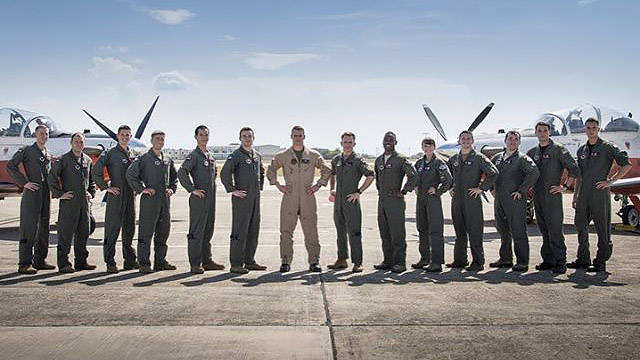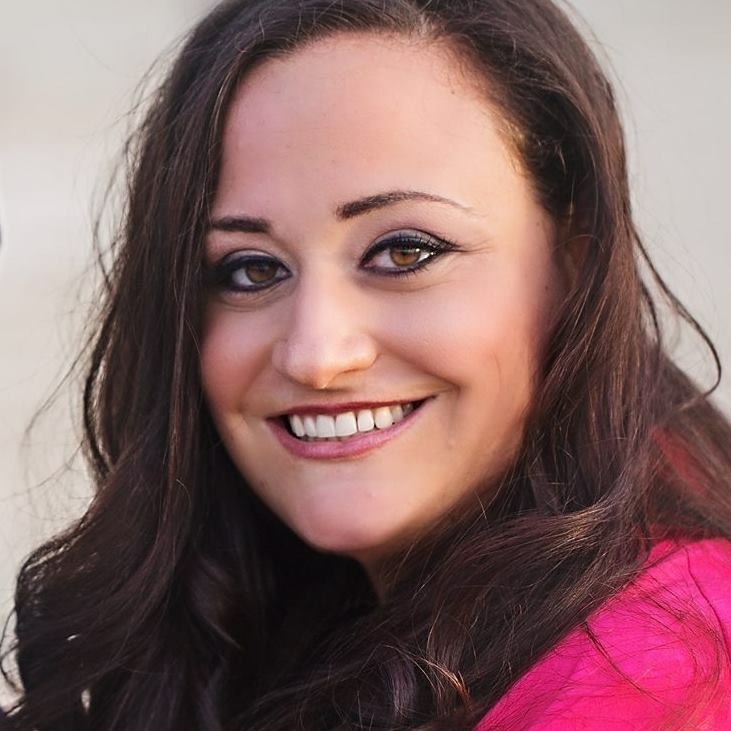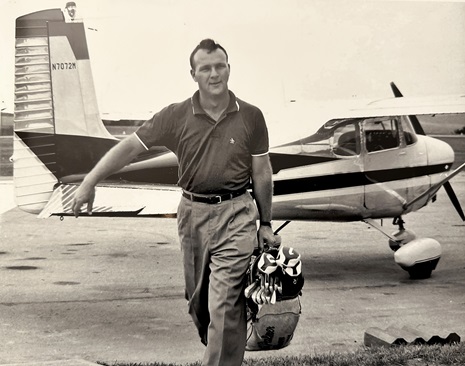Meet Anthony Lawrence
Like most who reach the upper echelons of aviation, U.S. Air Force 2nd Lt. Anthony Lawrence always knew he wanted to fly, and now he is—alongside some of the world’s top pilots. But the path to get there was long and challenging.
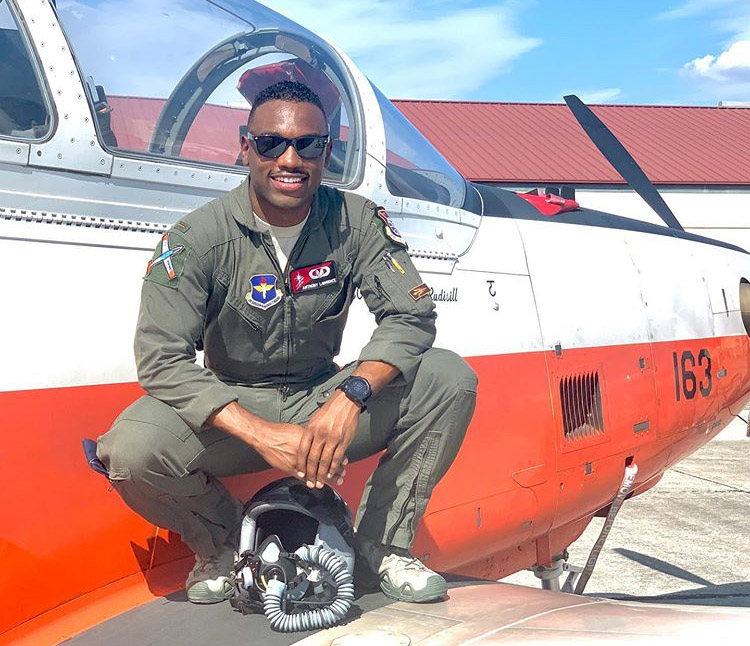
Lawrence, a special operations pilot who flies the U–28A, a modified Pilatus PC–12, is one of only 255 U.S. Air Force Pilots who identify as Black or African American, out of approximately 12,961 total pilots in the Air Force (not including guard or reserve), according to the U.S. Air Force Personnel Center Public Affairs Office.
In September, the Air Force reported that it is setting new diversity recruiting targets for 2021. According to Military.com, the service’s top recruiting chief said that the Air Force is working “to ensure it is recruiting a force that represents the country’s diversity, shaking up how it finds prospective members.”
When interviewed by Military Families Magazine, Lawrence’s mother, Kemiko Lawrence, shared how her son didn’t take the conventional route when it came to schooling and was successful when she allowed him to be homeschooled. “I stopped with all the worksheets and the need to do complete subjects and just let him look at whatever pictures and magazines he wanted. He was always very interested in flying and things that went fast,” she said.
With relatives and the Tuskegee Airmen serving as his inspiration, Lawrence is leading the way for other minority pilots also striving to break barriers. Lawrence recently completed his training with Air Education and Training Command (AETC) and was the first Black officer to do so. He is a member of the third graduating class.
AOPA reached out to Lawrence to find out what it’s like to be one of the country’s elite military pilots, and how he achieved his dream while also working to inspire and help others along the way.
How did you get involved in aviation?
At a young age I knew I wanted to fly. I didn’t have anyone close to me who was a pilot, but flying became a passion of mine through reading and seeing aviation-related media in magazines, movies, and TV shows. In middle and high school, I joined Aviation Career Enrichment (ACE) in Atlanta and began taking ground school lessons at Fulton County Airport. My passion just continued to grow from there.
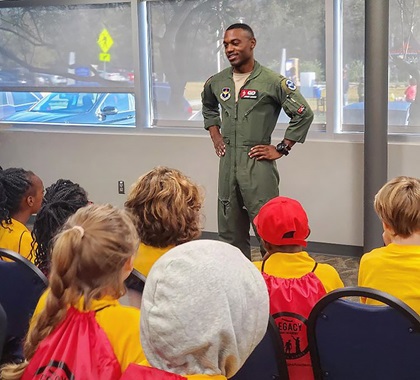 What do you love the most about aviation?
What do you love the most about aviation?
I love the freedom. Any time I have the ability to push the throttles forward and depart the runway, I am reminded of the amazing freedom aviation provides me. Traveling to many corners of the country and the world has been an amazing journey and privilege. Along with the freedom comes amazing challenges each time I step into an aircraft. From mission planning to checklists and procedures, aviation forces me to pay attention to the details and never become complacent.
What led you to a career in the military?
I was blessed to have family members who served honorably in the Air Force during the Korean War and Desert Storm, which always piqued my interest growing up. My journey in the Air Force has been very fulfilling over the past 10 years with humble beginnings. As a young airmen I began my career, not as a pilot, but as an enlisted aircrew flight equipment (AFE) technician. AFE technicians are a vital part of Air Force aviation, keeping pilots and aircrew safe by inspecting lifesaving equipment, such as G-suits, oxygen masks, helmets, parachutes, and survival kits. I enjoyed my time working in AFE, but my ultimate goal was to be an Air Force pilot. After serving 8.5 years in AFE, I was fortunate enough to be selected for Officer Training School with a pilot slot, ultimately allowing me to pursue my dream in military aviation.
What is it like being an Air Force pilot?
Military aviation is unique in many aspects, but it always starts with the basic foundation of aeronautical principles that apply to all pilots: aviate, navigate, communicate. After we master the basics, being an Air Force pilot is a constant challenge. Whether it be continual training, mission planning, emergency procedures, etc. Air Force aviation is always evolving. Beyond those challenges is the amazingly unique experience Air Force aviation provides. For example, flying a low-level route at 200 knots to 300 knots at 500 feet agl or formation, or aerobatics, the type of flying we do is almost endless, and I’ve enjoyed all of it.
What are your plans after the military?
Long term, my goals are to take my military career as far as possible. I hope to be able to lead young airmen in the future and effect positive change. Ultimately, my goal is to continue the great legacy of those who came before me and leave the Air Force a better place than when I joined.
Do you enjoy flying GA when you aren’t working?
Absolutely. My aviation career began in a Cessna 172 and I will always have an affinity for general aviation. Flying in the military is great, but GA comes with its own unique opportunities. I’d like to own my own GA aircraft in the future and use it to teach and share my passion for aviation with others. I think that’s what the spirit of GA is all about. Sharing a common bond of passion, enjoyment, and freedom in the sky.
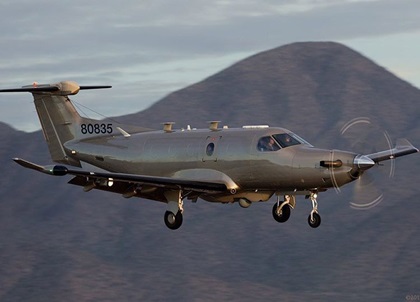 What is your proudest achievement?
What is your proudest achievement?
My proudest achievement is being the first person in my family to become a pilot. Earning my wings has been a lifelong pursuit and making my family proud was the most fulfilling feeling. Additionally, the ability to mentor others has also been a very meaningful achievement that I hope to continue. I want young dreamers to use my journey as proof that if you work hard and stay focused on your goals, anything is possible in aviation.
What was your biggest fear about aviation?
My biggest fear was not making it through pilot training. I am joking a little, but I think that is what gave me the extra motivation to push through some of the hurdles and challenges that come with undergraduate pilot training. Other than that, I have been fortunate enough to not have any fearful moments in the jet, and I plan to keep it that way.
What are your thoughts on diversity in aviation?
Diversity is very important to me. I am an African-American pilot and for many reasons, that is rare in aviation across the board, similar to women and other groups. However, diversity is an asset to the Air Force, aviation, and society. I would love to see more of it going forward. Also, representation matters. When young students look at careers that they may be interested in, seeing someone that looks like them in that position makes an impact. I often draw on the legacy of the Tuskegee Airmen and have been fortunate enough to meet a few of them over the years. Their courage proves that diversity is needed and should be nurtured. They opened doors for me and countless others. I stand on their shoulders, and their sacrifice will always be remembered. Today, I believe we have made amazing strides in the Air Force, but there is always more room for improvement. I am encouraged that diversity will continue to expand across the service and throughout all areas of aviation.
How do you feel you inspire others to pursue their aviation dreams?
I hope that I can inspire the next young man or woman to follow their dreams. Becoming a pilot is a journey, but with hard work and consistency anyone can make it. Being where I am today didn’t seem tangible early on, but I didn’t let that hold me back. However, I didn’t get here alone, and I encourage others to find mentors along the way. I ultimately hope that my story can be an inspiration to others.
What is your ultimate aviation goal?
I have always wanted to perform in an airshow. That is my ultimate aviation goal. I still remember my first airshow and to be able to give that feeling to someone else would be an amazing opportunity.
What do you enjoy doing when you aren’t working and flying?
Outside of the cockpit, I remain active. I work out, enjoy traveling, cycling, movies, riding my motorcycle, and just spending time with friends and family.
